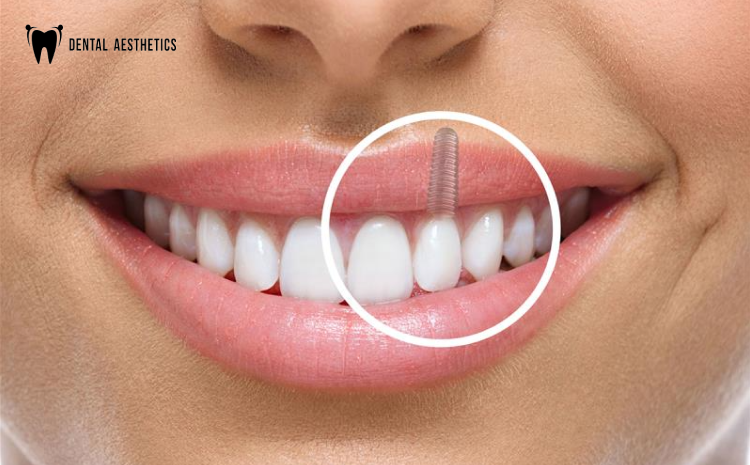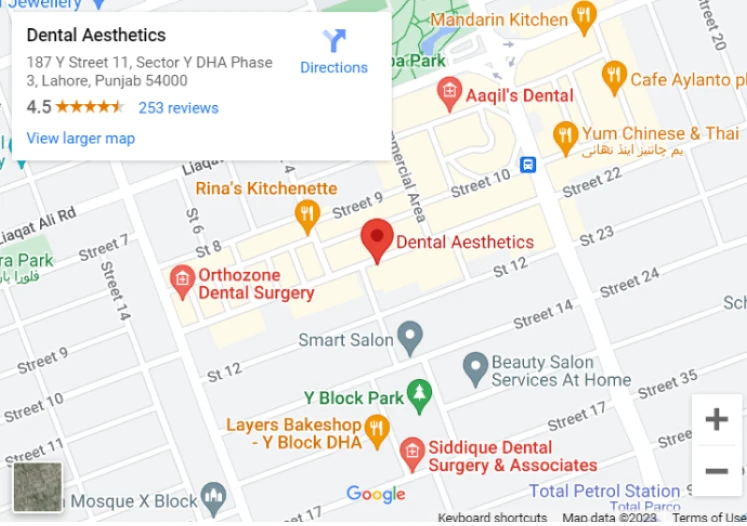What Experts Say About Dental Implants in May 2025

May 14, 2025
Introduction
Dental implants have long been considered the gold standard for replacing missing teeth. In 2025, the landscape of implant dentistry has evolved remarkably, shaped by technological breakthroughs, improved materials, and a heightened focus on personalized patient care. Experts across the globe are embracing these innovations to deliver more accurate, efficient, and successful dental implant treatments than ever before.
Technological Advancements in Dental Implants
Digital Imaging and Intraoral Scanning
One of the most significant advancements in dental implantology is the widespread adoption of digital imaging and intraoral scanning. These technologies provide high-definition 3D visualizations of a patient’s oral cavity, allowing clinicians to plan implant placement with exceptional accuracy. The process eliminates the need for uncomfortable traditional impressions, speeds up diagnosis, and results in better-fitting prosthetics.
Artificial Intelligence in Implantology
Artificial Intelligence (AI) has made its mark in implant dentistry by enabling more precise diagnostics and treatment planning. AI tools analyze patient data, including bone density and anatomical nuances, to recommend optimal implant positioning. Moreover, AI helps simulate surgical outcomes and detect potential complications, significantly enhancing patient safety and predictability in results.
3D Printing and Customization
3D printing continues to revolutionize how dental implants and prosthetics are manufactured. Dentists can now produce customized surgical guides, temporary crowns, and even final prostheses on-site, reducing turnaround time and improving accuracy. Customization ensures that each implant solution aligns precisely with the patient’s oral structure, resulting in better aesthetics and functionality.
Robotic-Assisted Implant Surgery
Robotic technology is becoming increasingly common in implant procedures. These systems enhance a surgeon’s capabilities by providing real-time feedback and precision control. Robotic-assisted implants offer millimeter-level accuracy, reduce the risk of human error, and often lead to quicker surgeries with shorter recovery times. These benefits are especially valuable in complex cases or when anatomical structures are compromised.
Augmented Reality in Treatment Planning
Augmented Reality (AR) is an emerging tool in dental implantology that allows clinicians to visualize a patient’s anatomy in real time during surgery. This technology aids in optimal implant placement and enhances patient understanding by providing an immersive preview of the proposed treatment. With AR, dental professionals can make better-informed decisions, improving clinical outcomes and patient satisfaction.
Innovative Materials and Techniques
Zirconia Implants
Titanium has traditionally been the material of choice for implants, but zirconia is gaining popularity due to its aesthetic and biocompatible properties. Zirconia implants are metal-free, making them an excellent option for patients with metal sensitivities or allergies. Their natural white color blends seamlessly with gum tissue, offering superior aesthetics for anterior tooth replacements.
Nano-Surface Implant Technology
Nano-surface technology enhances the surface properties of implants to promote faster and more effective osseointegration (bone bonding). These modified surfaces create micro-textures that improve cell adhesion and stability. As a result, healing times are shortened, and the risk of implant failure is significantly reduced.
Regenerative Medicine and Healing Acceleration
Regenerative therapies such as stem cells and platelet-rich plasma (PRP) are being integrated into implant treatments to support faster healing and bone regeneration. These techniques encourage natural tissue repair and are especially useful for patients requiring bone augmentation or dealing with delayed healing due to health conditions.
Trending Procedures in 2025
Teeth-in-a-Day
“Teeth-in-a-Day” procedures allow patients to receive implants and a temporary prosthetic in a single visit. This immediate-load implant approach has become increasingly popular for its convenience, aesthetic value, and ability to restore function almost instantly. Patients benefit from reduced treatment times and enhanced overall satisfaction.
All-on-4 Technique
The All-on-4 dental implant technique involves strategically placing four implants to support a full arch of prosthetic teeth. This method minimizes the need for bone grafting, shortens recovery time, and provides a cost-effective solution for full-mouth rehabilitation. It is especially beneficial for edentulous patients or those with significant bone loss.
Personalized Treatment Planning
Advanced diagnostics combined with AI and digital workflows have enabled highly personalized treatment plans. Dental professionals can now create implant strategies tailored to a patient’s anatomical structure, aesthetic desires, and functional requirements. Personalized planning ensures optimal implant alignment, better aesthetics, and long-lasting results.
Global Market Trends in Dental Implantology
The global dental implant market is experiencing rapid expansion due to rising awareness, increased demand for aesthetic dentistry, and access to advanced technologies. In 2025, the market is valued at over $5.5 billion and is expected to grow at a compound annual growth rate (CAGR) exceeding 7% through the next decade.
Regions like North America and Western Europe remain leaders in technological adoption, while Asia-Pacific shows the fastest growth due to increasing dental tourism and healthcare investments.
Sustainability in Implant Dentistry

The dental industry is also making strides toward environmental sustainability. Manufacturers and clinics are embracing eco-friendly practices, including biodegradable packaging, digital documentation to reduce paper waste, and energy-efficient equipment. As the world becomes more environmentally conscious, dental practices are aligning their operations with green initiatives to reduce their ecological footprint.
Challenges and Considerations
Peri-Implantitis and Long-Term Maintenance
Despite technological progress, peri-implantitis—an inflammatory condition affecting the tissue around implants—remains a concern. Prevention involves meticulous oral hygiene, regular professional cleanings, and proper patient education. Innovations like antibacterial coatings and laser therapies are being developed to mitigate such risks.
Cost and Accessibility
While implant procedures are becoming more efficient, the cost remains a significant barrier for many patients. Experts emphasize the need for broader insurance coverage, government subsidies, and innovative financing options to make implants more accessible to a wider population. Reducing procedural complexity through digital workflows may also contribute to cost savings in the long term.
Conclusion
Dental implantology in May 2025 reflects an era of remarkable innovation, driven by the fusion of science, technology, and patient-centered care. Experts agree that advancements in imaging, robotics, materials, and regenerative techniques are setting new standards in dental care. As these developments continue, patients can expect faster procedures, enhanced comfort, and long-lasting aesthetic results.
Frequently Asked Questions (FAQs)
Q1. Are dental implants safe in 2025?
A: Yes, dental implants are safer than ever thanks to advancements in imaging, surgical techniques, and materials.
Q2. What’s the success rate of dental implants in 2025?
A: The success rate remains high, typically between 95%–98%, especially when placed by experienced professionals using modern technology.
Q3. How long does a dental implant last?
A: With proper care, a dental implant can last 15 to 25 years or more, depending on the individual’s oral hygiene and overall health.
Q4. What’s new in dental implant materials?
A: Zirconia implants and nano-surface titanium implants are popular in 2025 due to their enhanced biocompatibility and quicker integration.
Q5. Is robotic-assisted implant surgery better?
A: Robotic-assisted surgery offers improved precision, reduced surgical time, and fewer complications, especially in complex cases.
Q6. Can implants be done in one day now?
A: Yes, with the "Teeth-in-a-Day" technique, many patients can receive implants and temporary prosthetics in a single appointment.



